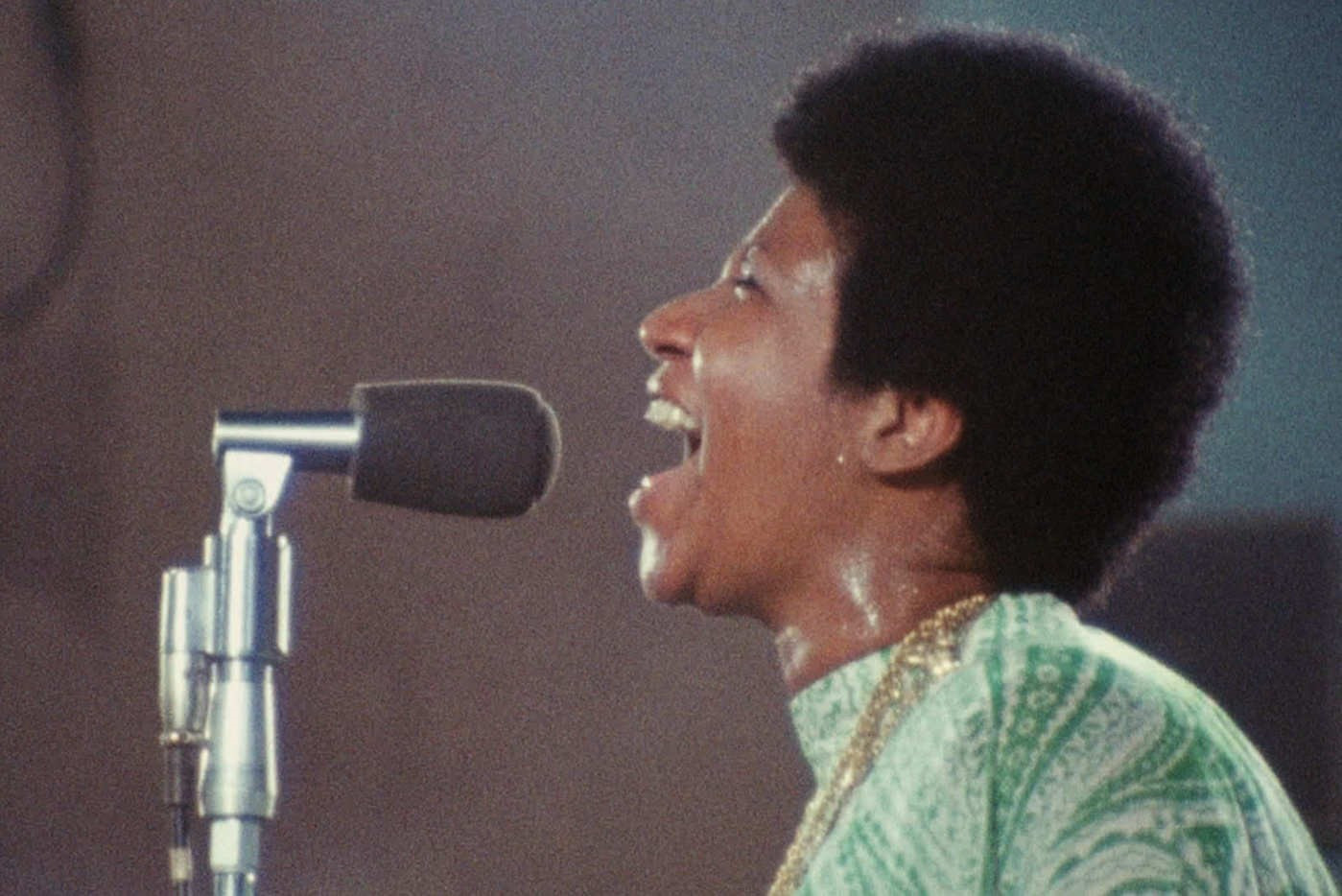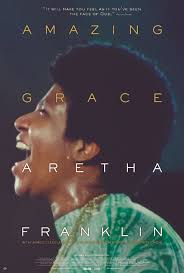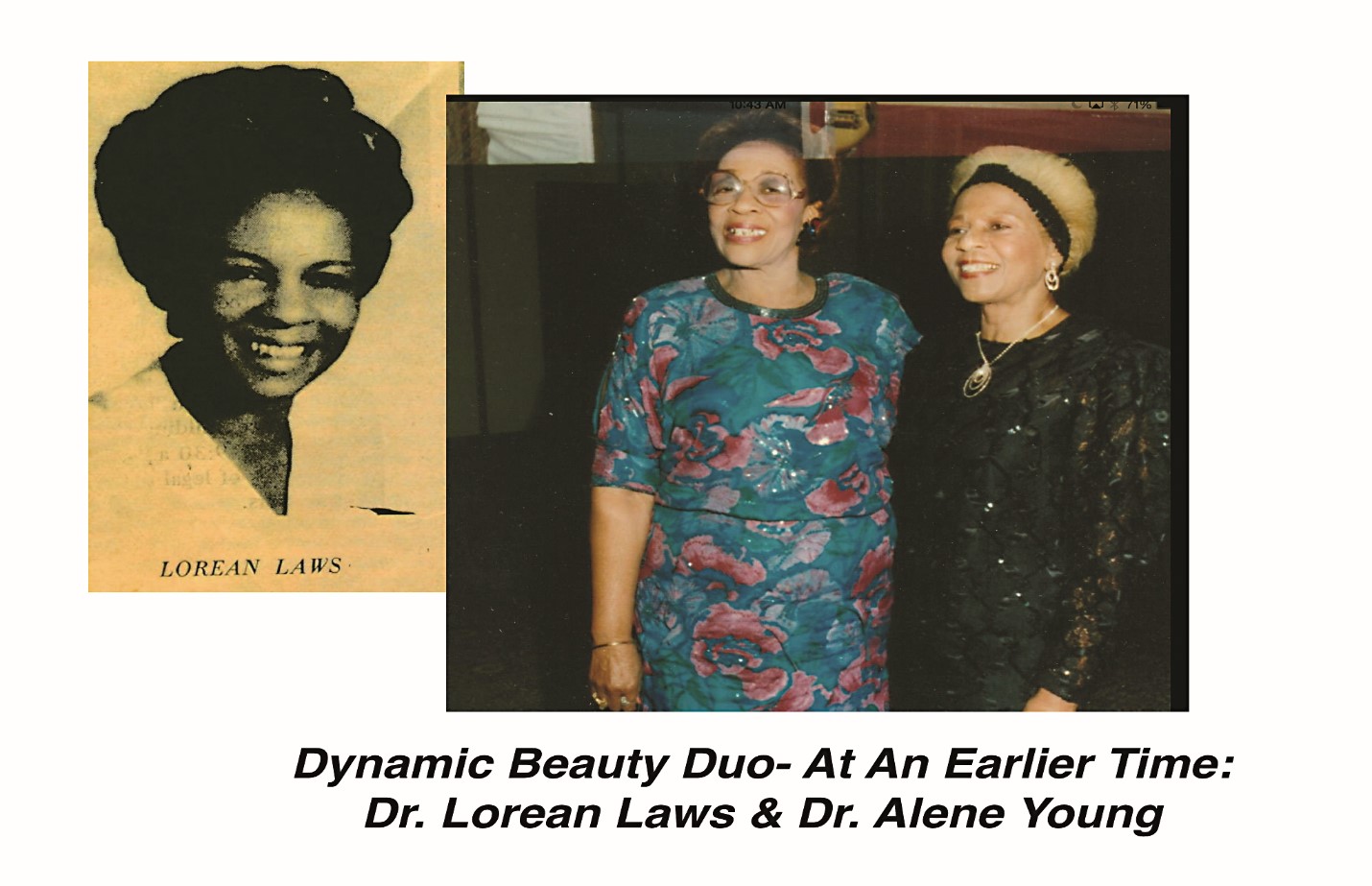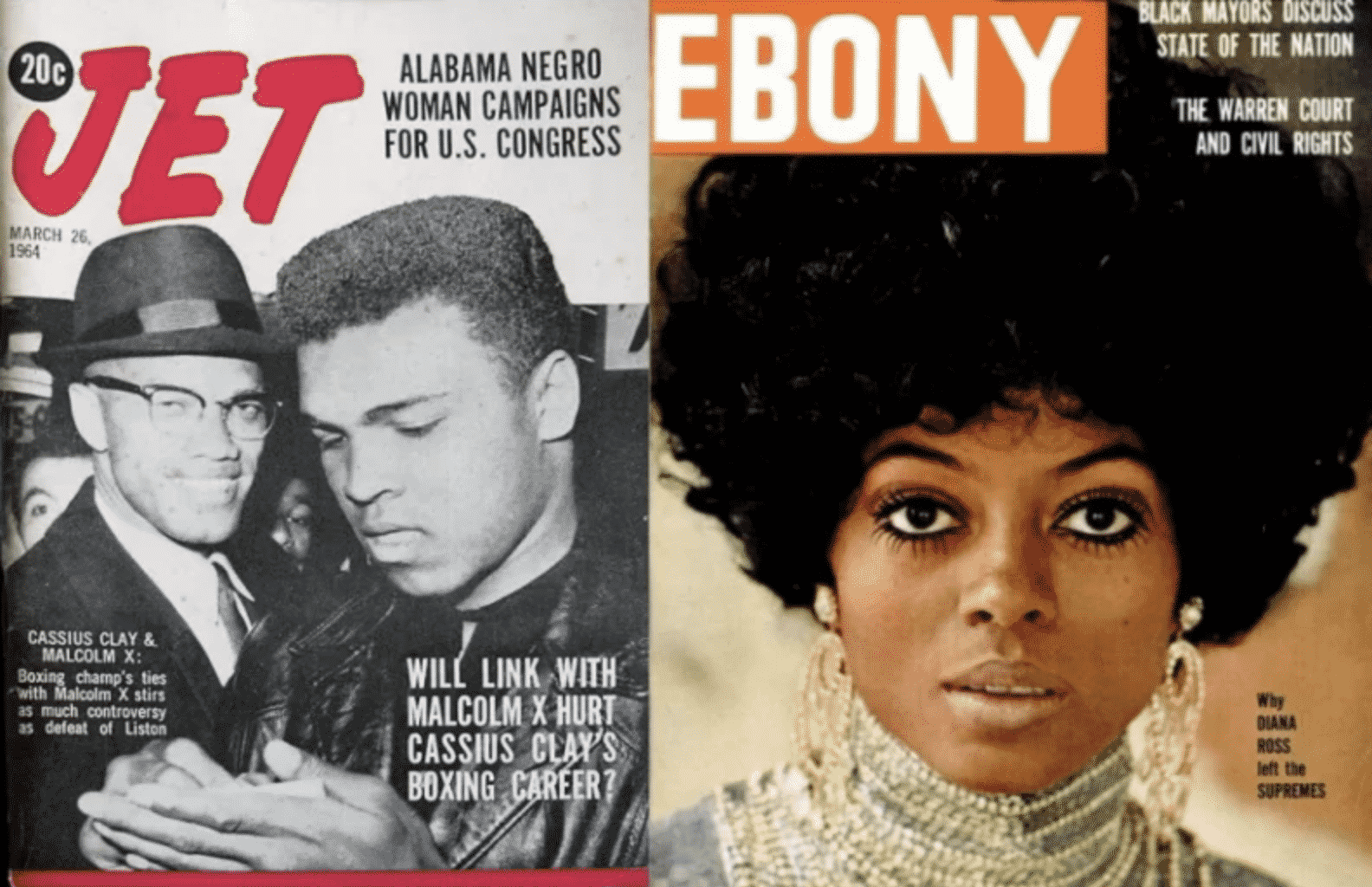
By Margaret Hicks
Eagle Staff Writer

Metropolitan BC Sanctuary Choir to perform live
The documentary “Amazing Grace,” which is the late Sydney Pollock’s behind the scene filming of the late Aretha Franklin’s recording of the album of the same name, will open Friday, April 26, 2019, at Tulsa’s Circle Cinema. The two-day screening will culminate on Saturday, April 27 with two special event screenings as the Metropolitan Baptist Church (The Met) Sanctuary Choir, under the direction of Pastor Merton Huff, perform live prior to the 4:30 p.m. and 7:00 p.m. screenings.
About The Album & Film
“Amazing Grace” was recorded in 1972, with the late Rev. James Cleveland & the Southern California Community Choir at New Bethel Baptist Church in Watts, Los Angeles. It was an uncompleted project. It was the fourth of five live albums recorded by Franklin. The first was “Songs of Faith,” recorded in 1956, when she was just 14 years old. It was recorded at New Bethel Baptist Church in Detroit, where Franklin’s father, C.L. Franklin, was pastor. Though it was recorded in 1956, it was not released until 1965, and it never charted. It was about this time when Cleveland moved to Detroit and became the music director for the church.
“Amazing Grace” not only hit the charts, it positioned itself on three charts. Billboard 200, where it positioned seven out of 200, Billboard’s R&B, where it positioned number one in sales, and the now defunct Canadian RPM chart where it positioned 18. Not only is “Amazing Grace” Franklin’s best-selling album of all time, to date, it is the bestselling gospel album of all time. Kirk Franklin’s “God’s Property” is number two.
The Back Story
It has taken 46 years for the film to come to the big screen for a variety of reasons. One of the reasons, according to an April 5, 2019 article in Vulture, by Mike Rush, “the liner notes of the original vinyl record revealed what must have been Aretha’s greatest frustration: ‘The recording of this album was filmed by Warner Brothers, Inc. with Sydney Pollack directing.’ No movie was ever released, and the fate of what had become of the film project remained one of Hollywood’s most enduring mysteries.” However, over the next 28 years a young Atlantic Record’s employee solved the mystery. Pollack, who died 2008, “had neglected to use a clapper to sync images with audio and then to salvage the film.” That young Atlantic employee is a man named Alan Elliot, who “mortgaged his home several times to buy the existing footage, edit the film, and pay for insurance and lawyers; he needed the latter in abundance, as Aretha sued several times to prevent the movie from being screened, including its scheduled world premiere at the 2015 Telluride Film Festival.”
According to Vanity Fair in an April 4, 2019 article “Not even Robert De Niro, who wanted to feature the documentary at his Tribeca Film Festival, could sway her to change her mind. But Elliott kept the faith. “I knew the importance of the album,” he said. “I knew that nobody at the record or film company cared, and that it would be lost if I didn’t stick with it…I was like Richard Dreyfuss in Close Encounters; I’m making mashed potatoes into a mountain, but I don’t entirely know why.”










